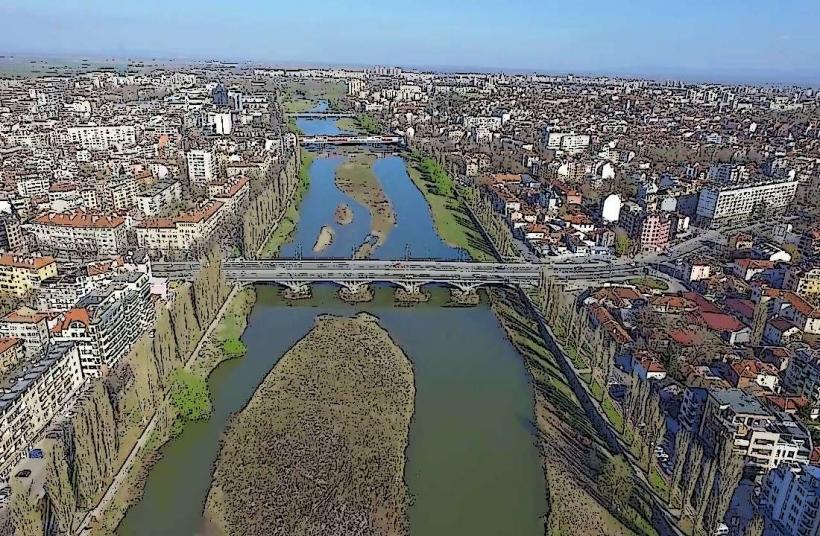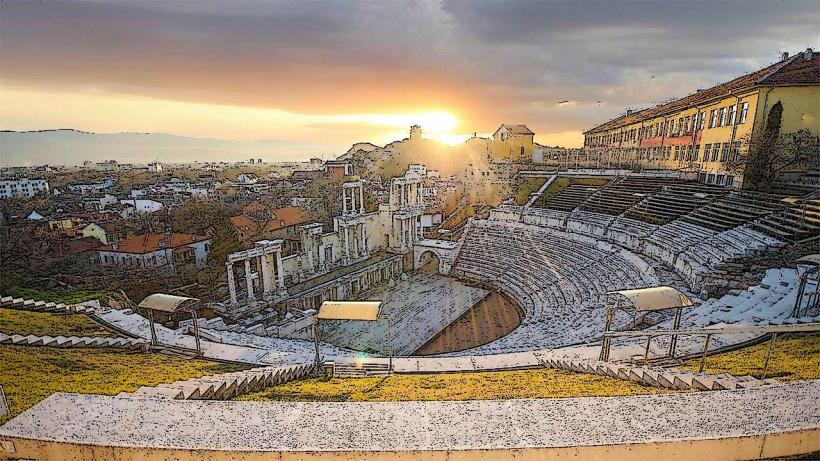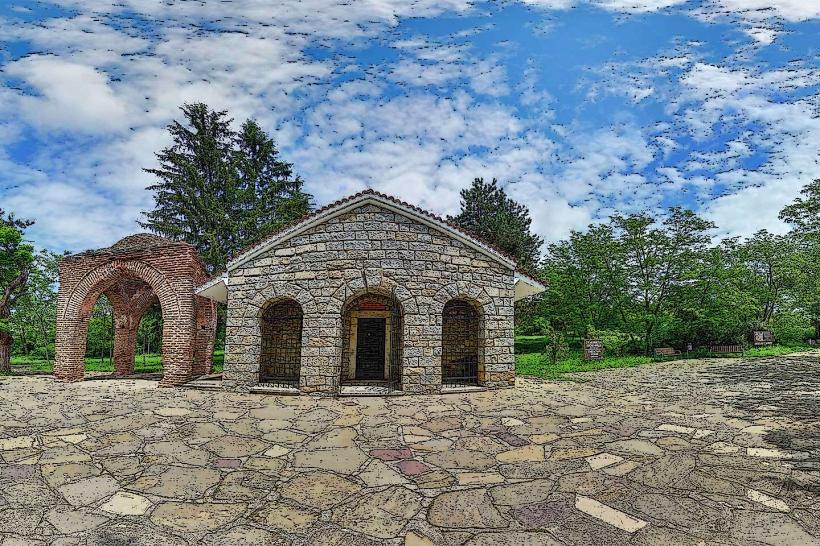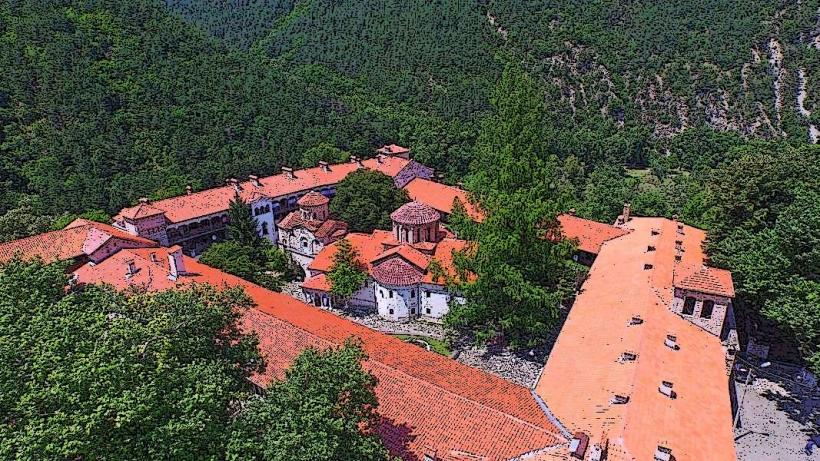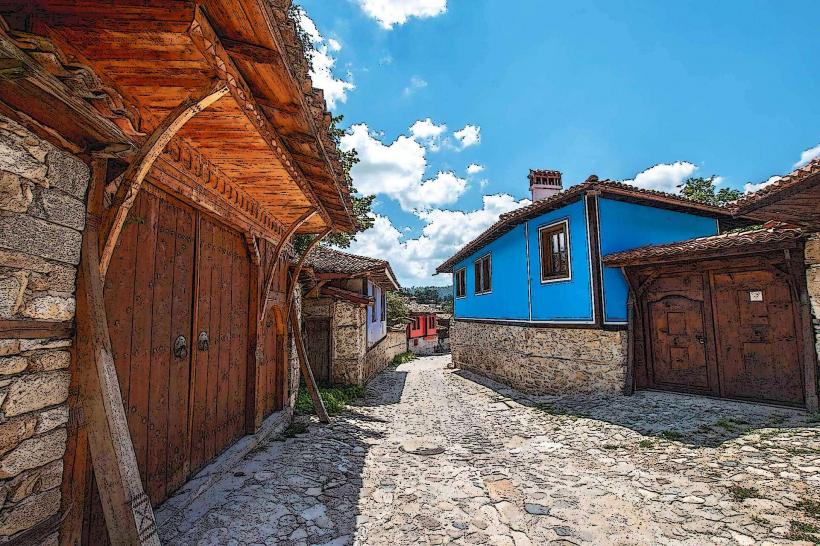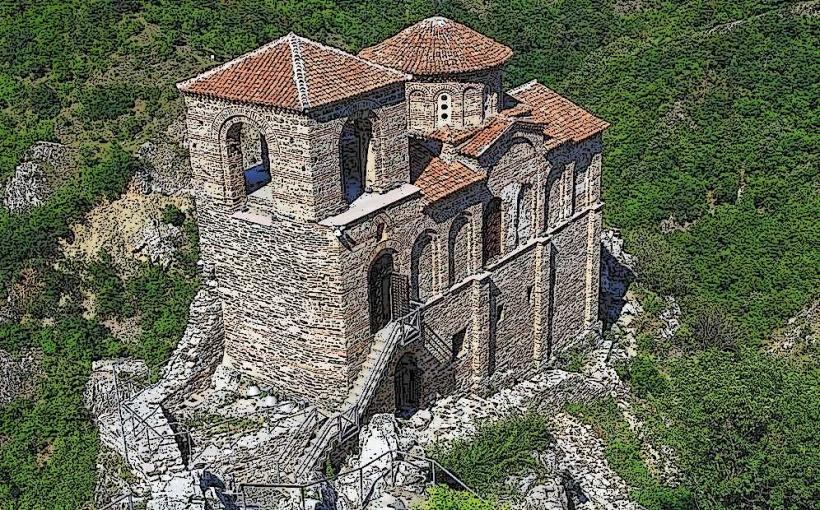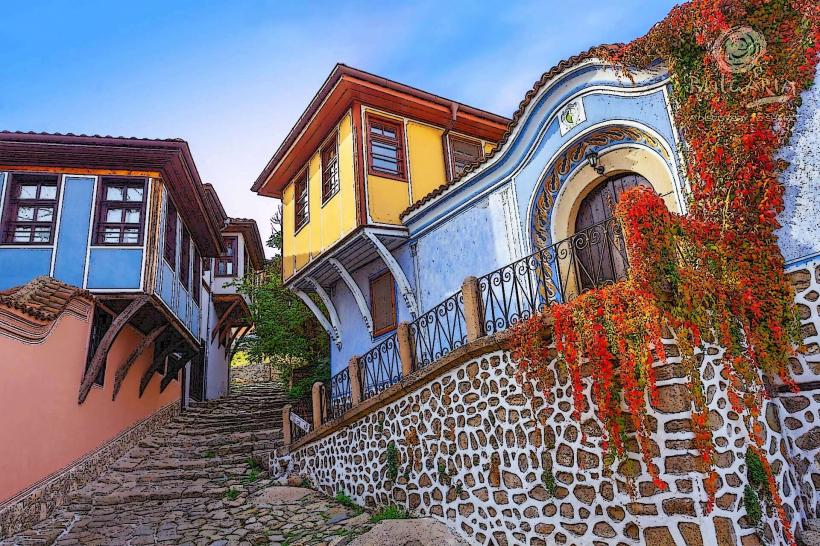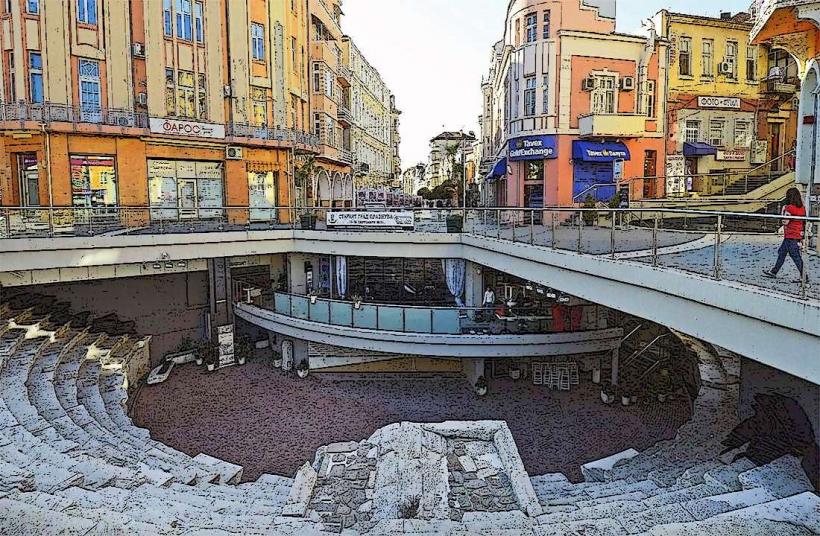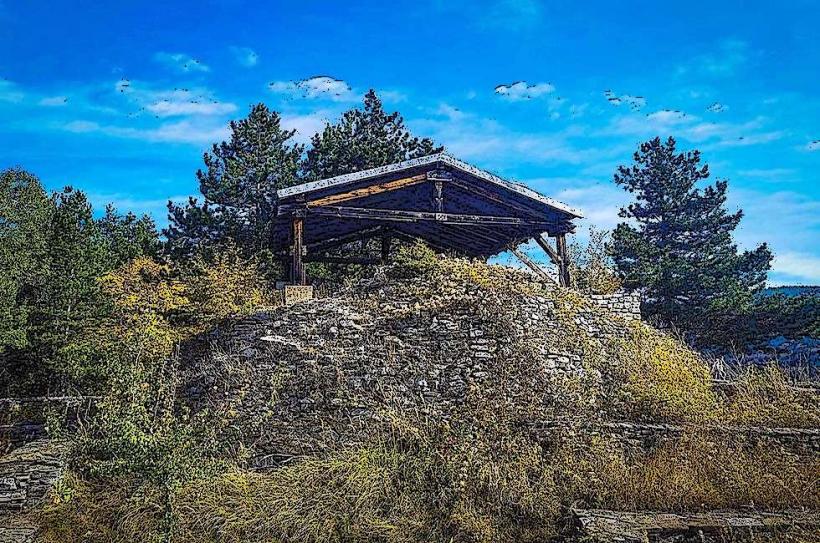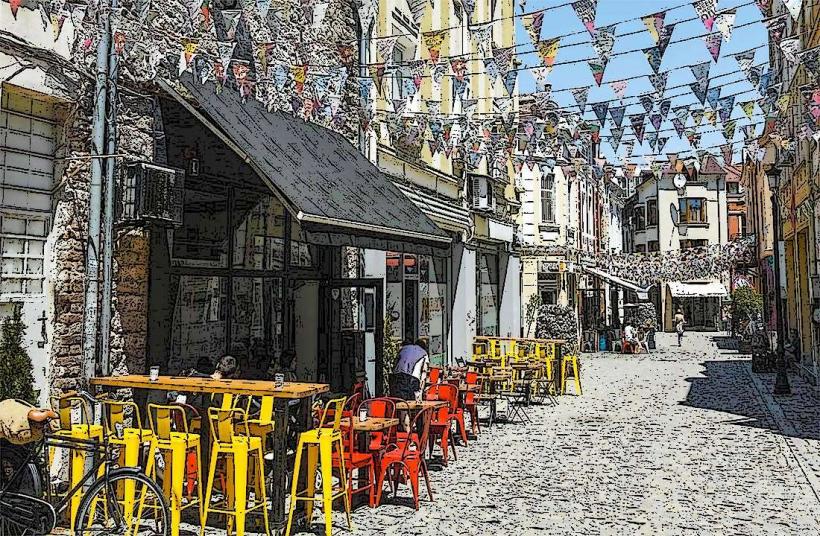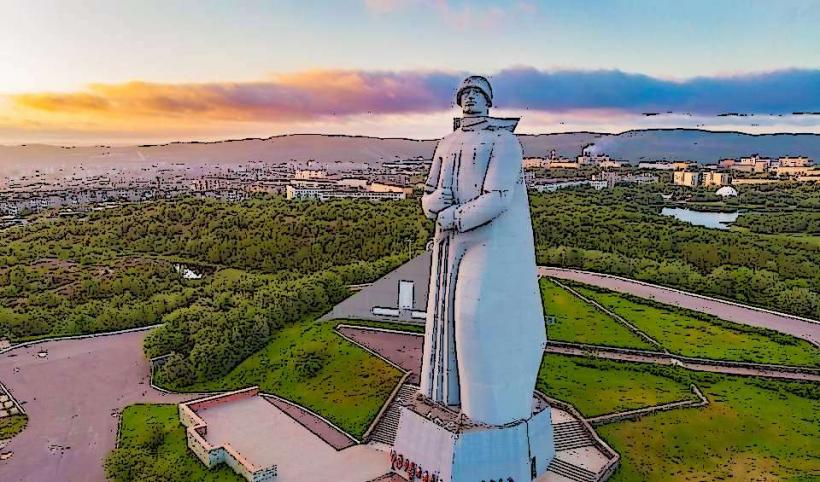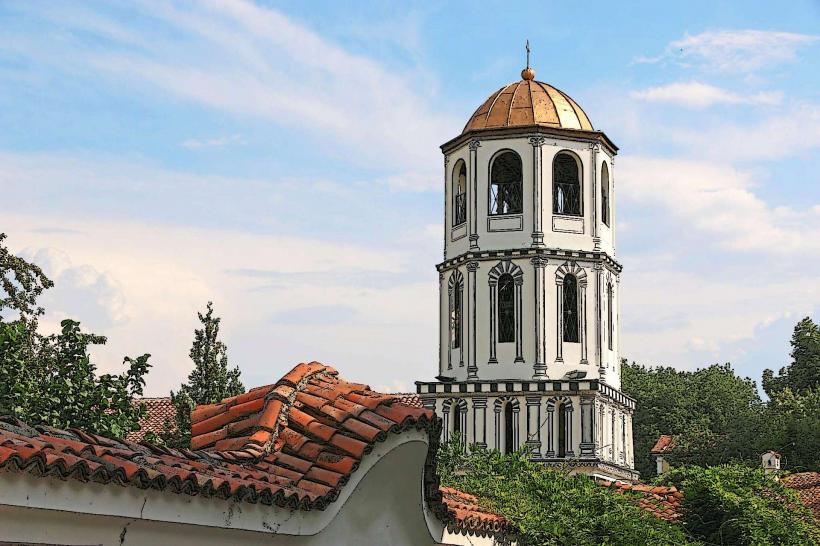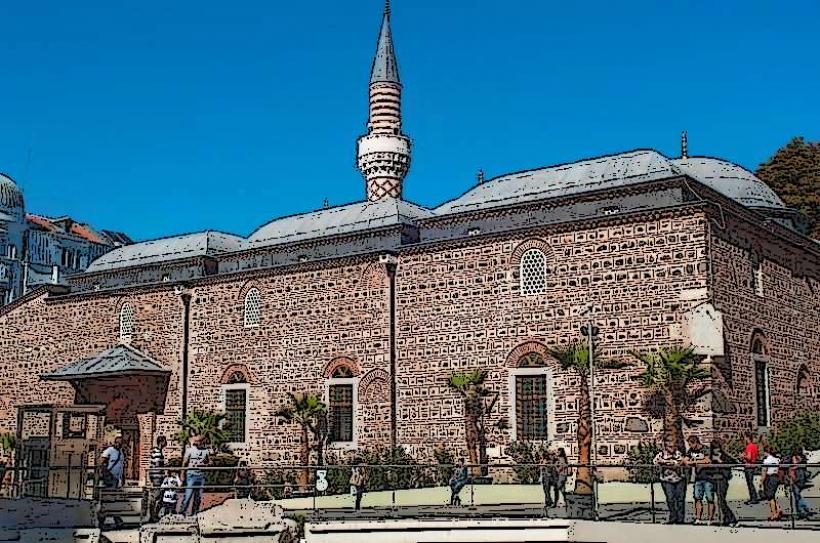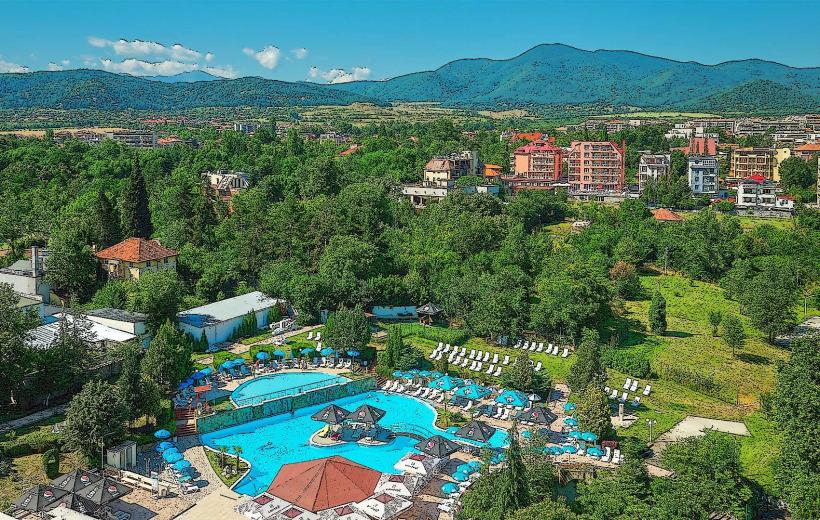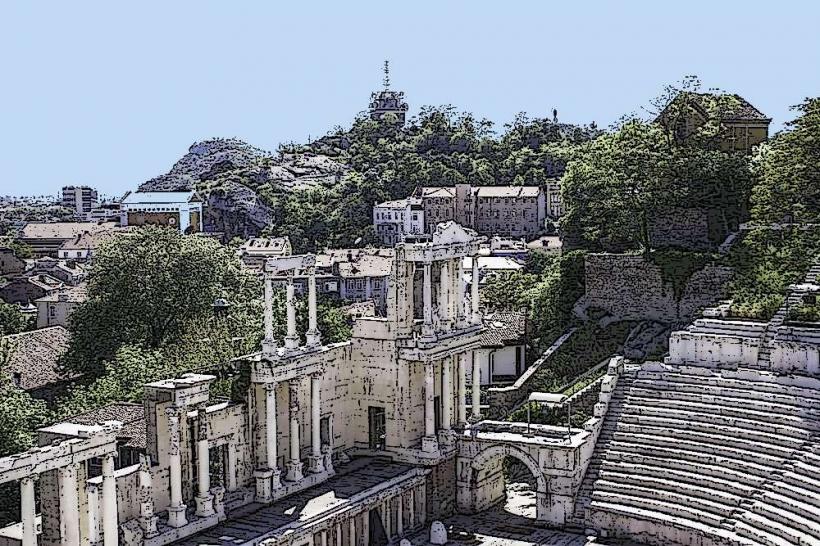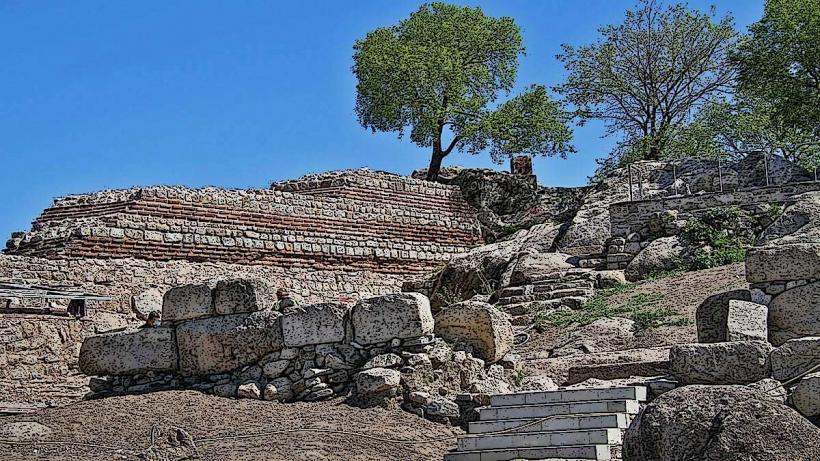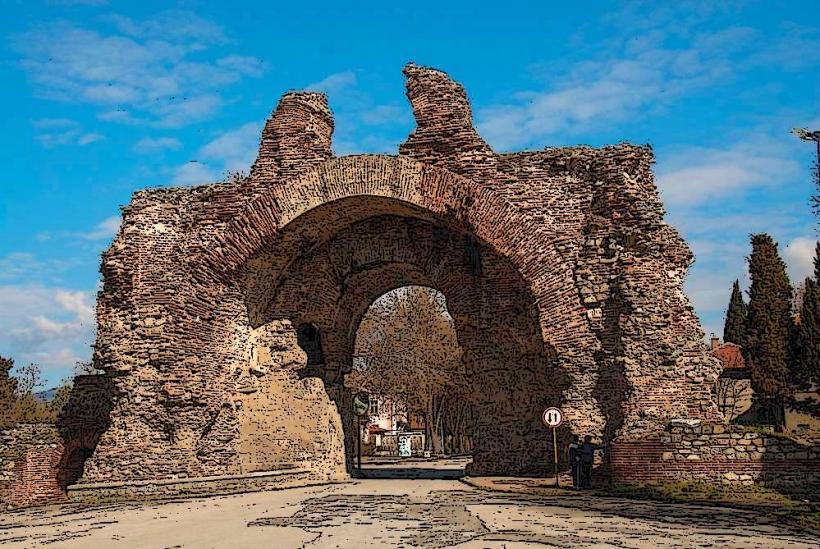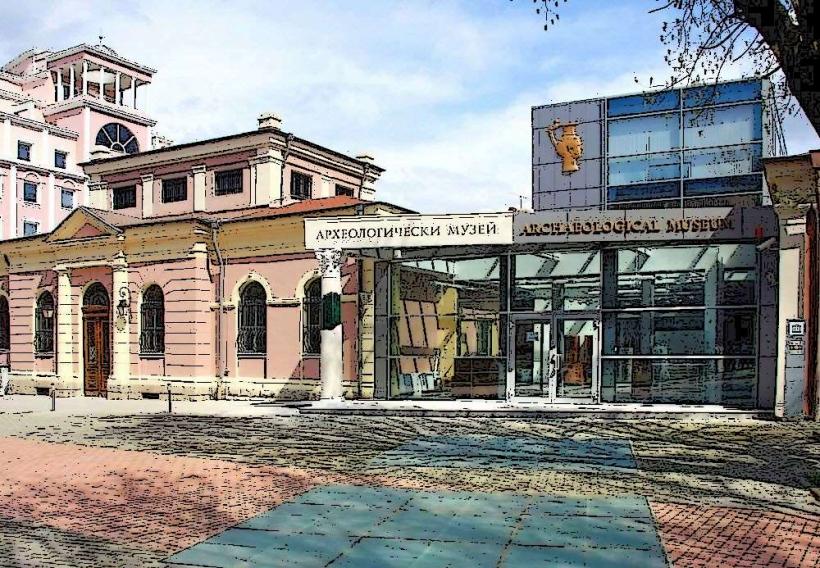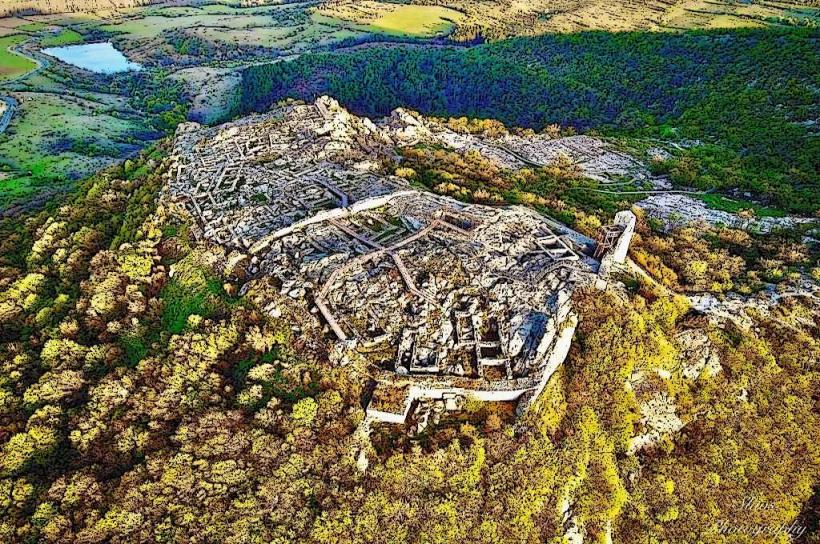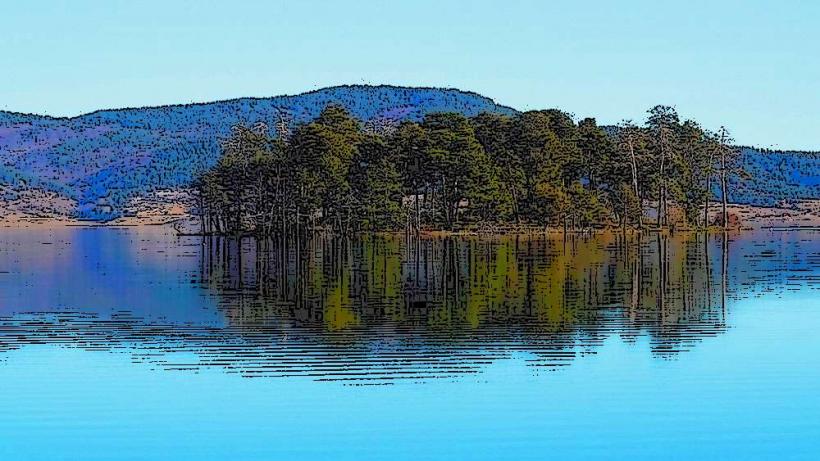Information
Landmark: Town of SopotCity: Plovdiv
Country: Bulgaria
Continent: Europe
The Town of Sopot is a charming small town located in central Bulgaria, nestled at the foot of the Balkan Mountains. It lies within the Plovdiv Province, near the towns of Karlovo and Kazanlak, and is part of the Valley of the Roses. Sopot is known for its historical significance, beautiful natural surroundings, and cultural heritage, making it a popular destination for both history enthusiasts and nature lovers.
Historical Background
Sopot has a rich history that stretches back to ancient times. It is believed to have been inhabited since the Thracian period, with evidence of early settlements found in the surrounding area.
1. Thracian and Roman Era
- The region around Sopot has numerous Thracian burial mounds and archaeological remains, reflecting its ancient heritage.
- During the Roman period, the town was part of the Roman province of Thrace, and there are signs of Roman influence in the area, including ancient roads and settlements.
2. Ottoman Period
- Sopot, like much of Bulgaria, came under Ottoman rule in the 14th century. The town was a small rural settlement during the Ottoman period but saw gradual development.
3. Bulgarian National Revival
- In the 18th and 19th centuries, during the Bulgarian National Revival, Sopot became an important cultural center. Many prominent figures in Bulgarian history were born here, most notably the poet and revolutionary Hristo Botev (1848–1876), who is considered one of Bulgaria's national heroes.
- Botev was born in Sopot, and his home has been preserved as a museum, showcasing his early life and his contribution to Bulgarian independence.
Key Attractions in Sopot
1. Hristo Botev’s House
- One of the most significant landmarks in Sopot is the house of Hristo Botev, now a museum dedicated to his life and work.
- The museum includes exhibits on his literary achievements, revolutionary activities, and his legacy as a national hero.
- The house also honors Botev’s tragic death during the April Uprising of 1876, a key event in Bulgaria's fight for independence from Ottoman rule.
2. Sopot Monastery "St. Trinity"
- The Sopot Monastery is an important spiritual site in the town, originally founded in the 16th century.
- The monastery is dedicated to the Holy Trinity and is known for its beautiful frescoes and tranquil atmosphere.
- It also has historical significance as a place of refuge for Bulgarian revolutionaries during the national liberation struggles.
3. The Sopot Waterfall
- The town is located near the Sopot Waterfall, a picturesque natural landmark in the Balkan Mountains.
- The waterfall is easily accessible by foot from the town and offers a stunning view, making it a popular spot for hiking and outdoor enthusiasts.
4. Ethnographic Museum of Sopot
- The Ethnographic Museum offers visitors a glimpse into the traditional life of the town and the surrounding region. The museum’s exhibits include folk costumes, household items, and tools used by local people throughout history.
- It is located in a traditional Bulgarian Revival house and reflects the customs and lifestyle of the local population during the 18th and 19th centuries.
Natural Beauty and Surroundings
- Balkan Mountains: Sopot is located at the foot of the Balkan Mountains, providing ample opportunities for outdoor activities like hiking, mountain biking, and birdwatching.
- Valley of Roses: The town is situated in the famous Valley of Roses, an area known for its rose cultivation and rose oil production, which contributes to Bulgaria’s worldwide reputation for rose products.
1. Hiking Trails
- Several hiking trails surround Sopot, leading to scenic viewpoints, such as Kalikata Peak, offering panoramic views of the town and the surrounding mountains.
2. Protected Nature Reserves
- Sopot is also near the Central Balkan National Park, a protected area that is home to diverse flora and fauna, as well as various historical and cultural sites.
Cultural Significance
Sopot is a town with a deep cultural heritage, shaped by its Bulgarian Revival roots and its role in the national liberation movement. The town continues to celebrate its traditions through festivals, performances, and the preservation of historical landmarks.
1. Cultural Events
- Sopot hosts various cultural events throughout the year, including local fairs, concerts, and performances celebrating Bulgarian folklore and traditions.
2. Traditional Crafts
- The town is also known for its traditional craftsmanship, particularly in areas like woodworking and embroidery, which are featured in local exhibitions and markets.
Economy and Rose Industry
- The economy of Sopot has traditionally been based on agriculture, particularly rose cultivation, which continues to play an important role in the region. The production of rose oil and other rose-based products is an important part of the local economy.
- Sopot also has a growing tourism sector, driven by its natural beauty, historical significance, and proximity to Plovdiv (just 25 km away), Bulgaria’s second-largest city.
Visiting Sopot
Sopot is easily accessible from Plovdiv by road and is a popular day-trip destination for those exploring the Valley of the Roses or the central Balkan region. It offers a peaceful retreat with a mix of history, nature, and local culture, making it an ideal spot for travelers interested in Bulgarian heritage.
Why Visit Sopot?
- Historical and Cultural Significance: The birthplace of Hristo Botev and the site of many historical landmarks related to Bulgaria's struggle for independence.
- Natural Beauty: Surrounded by the Balkan Mountains and the Valley of Roses, offering stunning views and opportunities for outdoor activities.
- Cultural Heritage: Rich in traditional crafts, folk music, and festivals that celebrate Bulgarian history and identity.
Whether you're interested in Bulgarian history, nature, or culture, the Town of Sopot offers a unique and memorable experience for all visitors.

